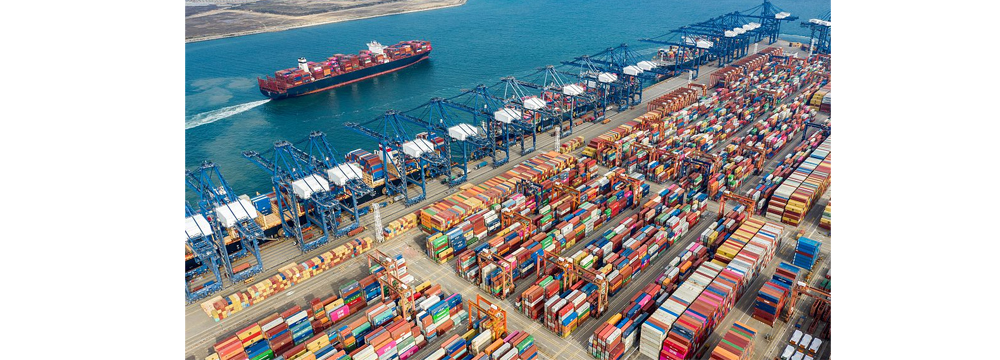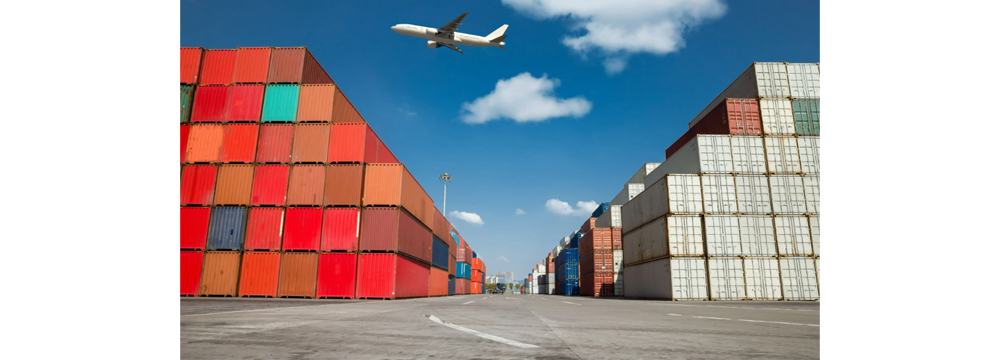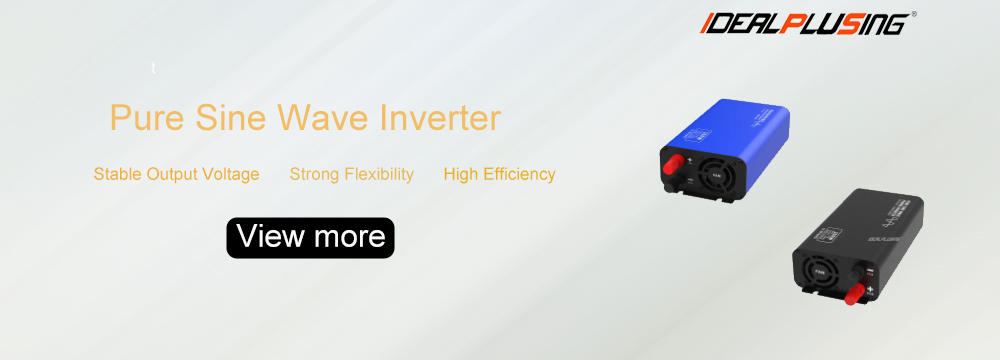In the global business landscape, the African market is gradually emerging, exuding unique charm and potential. However, for a long time, we have had many misunderstandings about this vast continent. Some people think that "Africans don't like to work", and some people think that the African market is "low-end and disorderly". But is this really the case?

In fact, the African foreign trade market is undergoing earth-shaking changes.
First, consumption stratification is accelerating. With the development of the African economy, the middle class continues to rise, which in turn gives rise to high-end demand. Taking Nigeria as an example, local consumers' premium acceptance of customized shoes is close to that of Eastern European countries. This means that in Africa, there is no longer only a demand for low-priced products, and high-quality, personalized products also have a broad market.
Second, localization awakening. African companies are no longer satisfied with simply importing goods from abroad, they are more eager for technology transfer and joint research and development. The model of Huajian Group and Ethiopia jointly building a light industrial park is a model. This "manufacturing + education + industrial chain integration" approach not only brings advanced production technology to Africa, but also cultivates local talents and promotes the development of the entire industrial chain.
Third, digital transition. The penetration rate of cross-border e-commerce in Kenya, Ghana and other countries has increased by 35% every year, and the traditional wholesale model is gradually transforming to a "B2B2C" full-link. This shows that driven by the wave of digitalization, the transaction model of the African market has become more efficient and convenient, providing new development opportunities for foreign trade companies.
The African market is by no means as single and backward as we imagined. Only by putting aside those inherent prejudices can we see the real potential and opportunities of the African foreign trade market. In the future, let us actively embrace the African market from a new perspective and open up our own business territory on this vibrant continent.
In recent years, with the intensification of the problem of unstable power supply in Africa, solar off-grid systems have rapidly become popular in the region. Among the many types of inverters, 12V pure sine wave inverters have become a popular choice in the African market. Behind this phenomenon, there are both objective limitations of Africa's power infrastructure and actual needs of local consumers.

1. Africa's power crisis has given rise to demand for off-grid energy storage
Africa is one of the regions with the most unstable power supply in the world. Taking South Africa as an example, the national power company Eskom has been rationing power since 2008 due to aging equipment and management problems. Enterprises and people have had to turn to solar energy storage systems.
Electricity prices soared: South Africa's electricity prices rose by 15.6% in 2021. The cost of solar charging is only 1/2 of that of municipal electricity, which is significantly economical.
Policy promotion: The South African government launched a 1.4GW distributed energy storage plan and simplified the approval process, stimulating the growth of the photovoltaic and energy storage markets.
Sunshine advantage: South Africa has an average annual sunshine of more than 2,500 hours, and photovoltaic power generation has great potential.
In this context, 12V pure sine wave inverters have become the first choice for home and small commercial users because of their strong adaptability and controllable costs.
2. Adaptability and popularity of 12V systems
The African market's preference for 12V inverters is mainly due to the following factors:
(1) High compatibility with existing battery systems
12V lead-acid batteries (such as 80Ah-220Ah) are widely used in the African market, and 12V inverters can be directly matched without the need for additional conversion equipment.
Many off-grid solar systems (such as RVs and small household energy storage) use a 12V architecture, and 12V inverters can be seamlessly integrated.
(2) Suitable for low-power demand scenarios
The electricity demand of African households and small businesses is generally low (such as lighting, fans, TVs, and small refrigerators), and 12V inverters (such as 900VA-1500VA) are sufficient for daily use.
Compared to 24V or 48V systems, 12V solutions are easier to install and maintain, and are suitable for non-professional users to operate on their own.
3. Technical advantages of pure sine wave inverters
In the African market, pure sine wave inverters are more popular than modified sine wave inverters for the following reasons:
(1) Protection of sensitive electrical appliances
Pure sine wave output is close to the mains power and can safely drive precision electronic equipment such as laptops and medical equipment, while modified sine wave may cause equipment damage or reduced efficiency.
(2) Higher energy efficiency
The conversion efficiency of pure sine wave inverters can usually reach more than 90%, reducing energy loss, which is particularly important in Africa where electricity is scarce.
(3) Low noise and stability
Pure sine wave inverters have less electromagnetic interference during operation and are suitable for home and office scenarios that require a quiet environment.
4. Cost and market supply factors
(1) Price-sensitive market
African consumers are highly sensitive to price, and 12V pure sine wave inverters have more cost advantages than higher voltage models.
For example, in Nigeria, 12V inverters (such as 900VA-1500VA) from brands such as Luminous are priced between ₹6,000-₹10,000, with outstanding cost performance.
(2) Supply chain and spot demand
The South African market has long faced a shortage of inverters. Mainstream brands (such as Sunsynk and Deye) are hard to find, while 12V models are easier to obtain due to their large production volume.
Distributors prefer to stock 12V products because of their fast turnover and wide audience.

Conclusion
The African market's preference for 12V pure sine wave inverters is the result of the combined effects of the power environment, technical adaptability, cost factors and user habits. This trend will continue as off-grid energy storage becomes more popular and consumers' requirements for power quality increase. However, the penetration of high-voltage and intelligent products in the future may gradually change the market landscape.
Share our interesting knowledge and stories on social media













